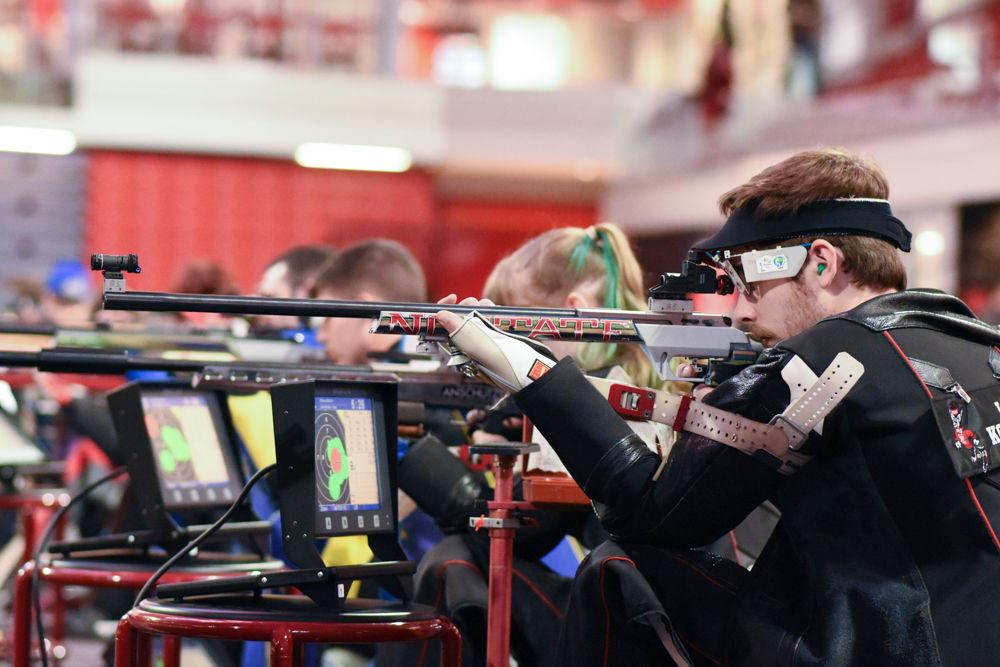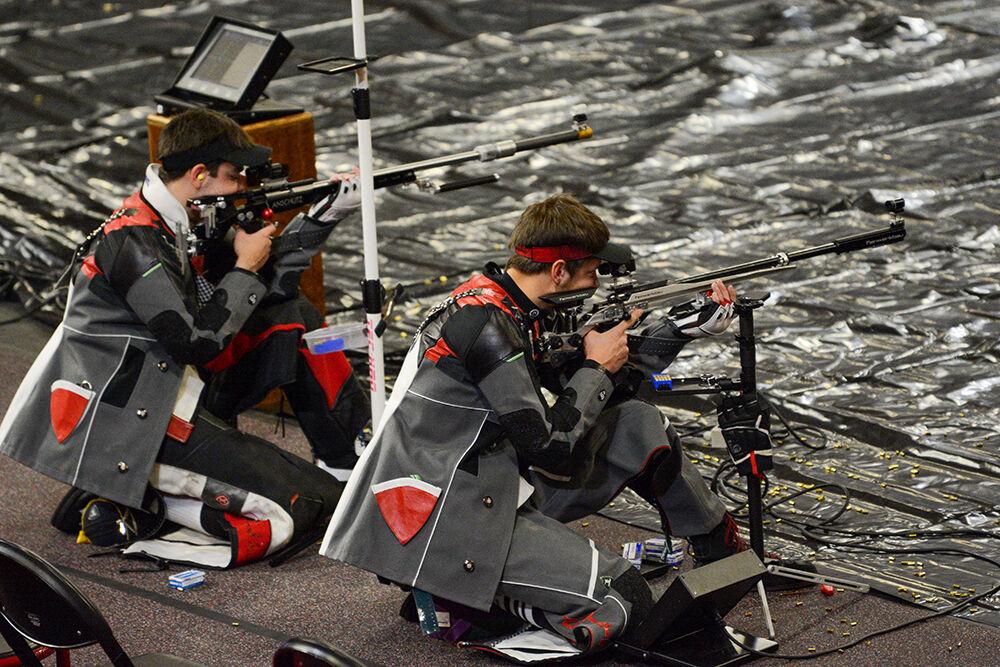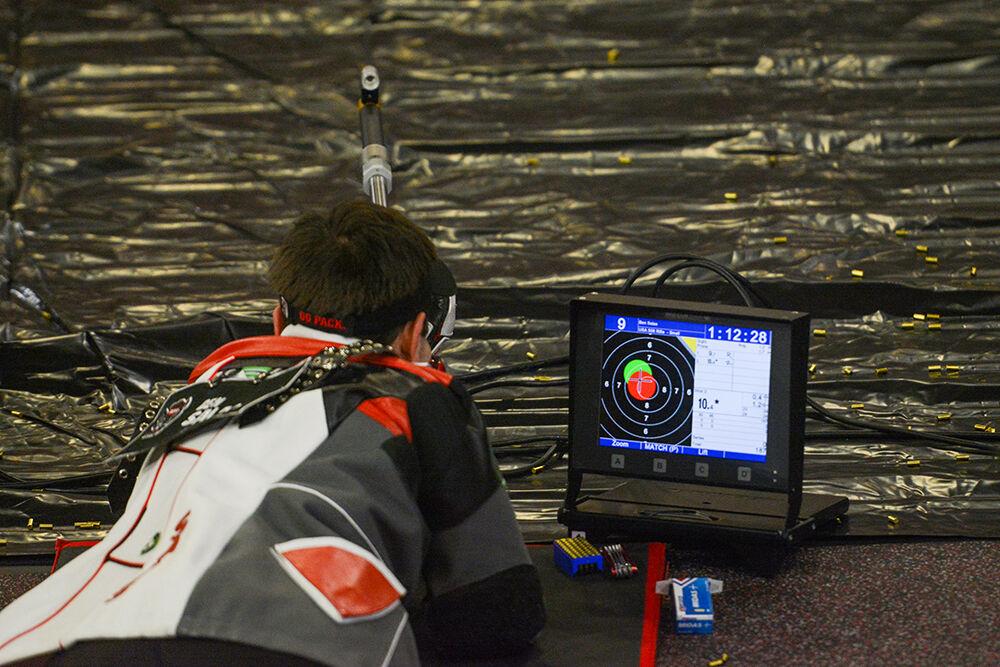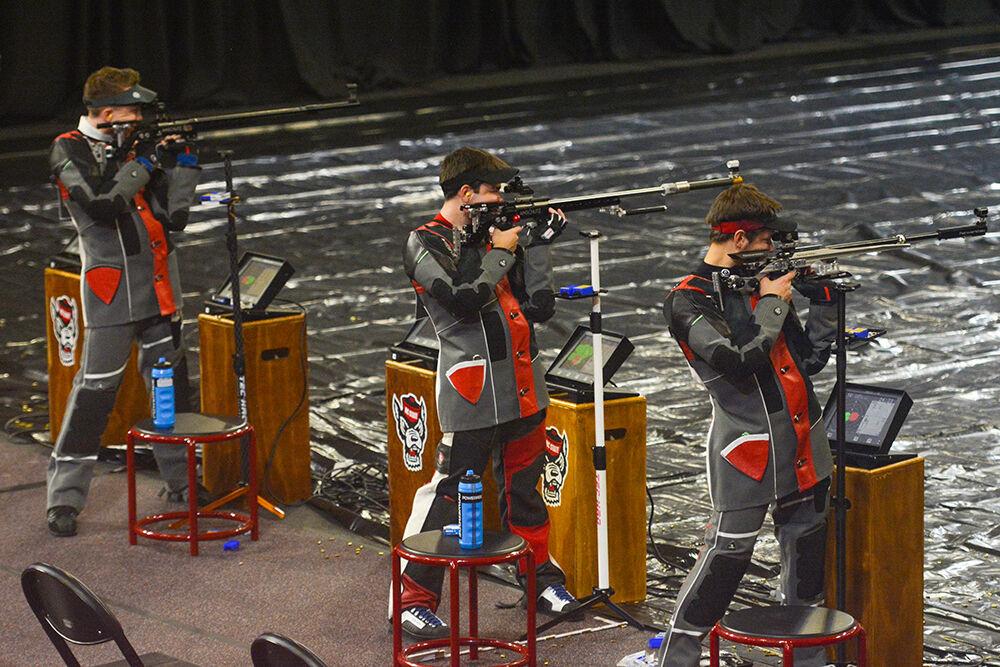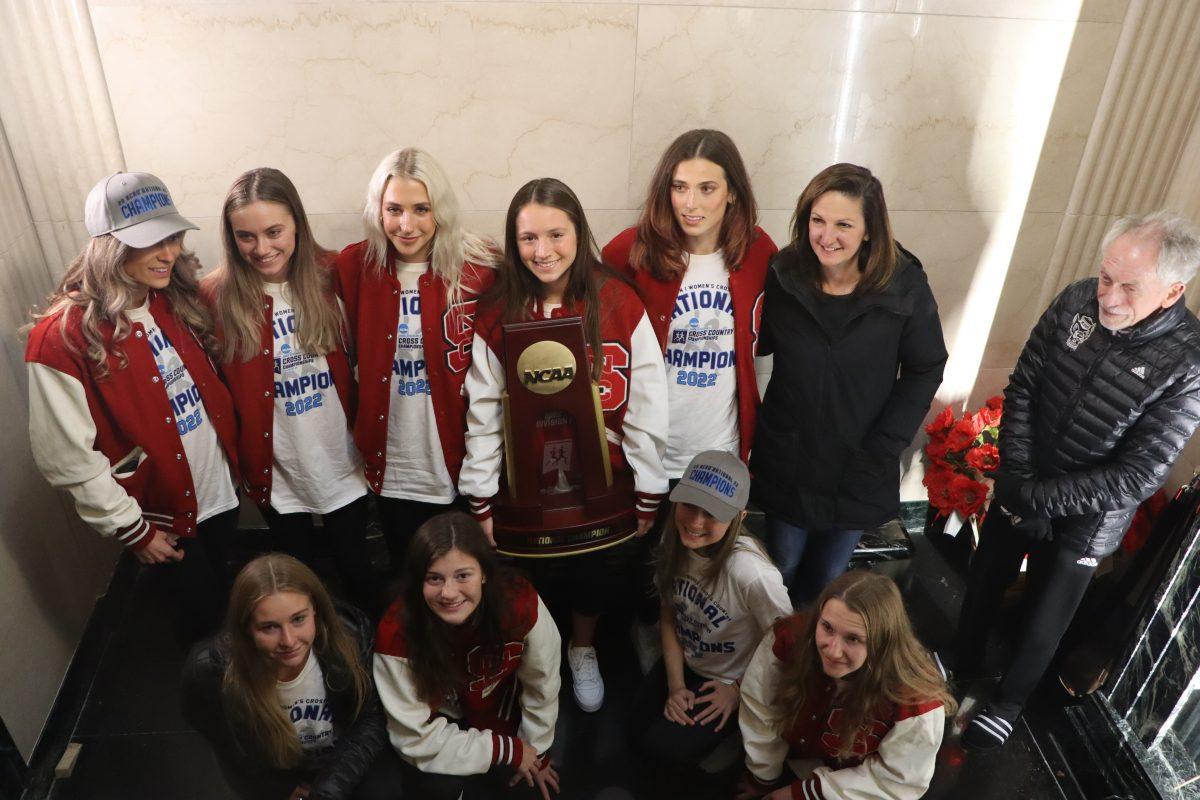On Jan. 30, the No. 11 NC State rifle team went up against No. 8 Memphis, in which the Pack lost 4677-4648. However, this match was unique in that it was a virtual matchup, where each team shot at different locations.
This idea is very smart, and one that should be applied to other sports. Not only does it keep players, coaches and staff relatively safe, but also might make it easier for parents and friends of the players to attend these events without having to travel. Virtual matchups also keep the game fair, as the scoring for rifle matches is pretty straightforward.
Keeping the teams separated can do a lot for controlling the spread of COVID-19. Eliminating the need for travel is less exposure for the athletes and coaches, and it goes both ways for each team. Especially with a sport like rifle, it takes place indoors, meaning everyone is in a confined space. Separating the two teams into their arenas cuts down the amount of people by almost half.
This concept should be applied to other sports. Maybe sports like gymnastics, where judges could watch the performer live from a separate area and judge there. Or perhaps swimming, where teams could swim in their home pools and compare times to complete the race to determine a winner.
Gymnastics is definitely a sport I can see working with a virtual option. Athletes would perform their routine with cameras from multiple angles in their respective home arenas and then judges would score each athlete live and in real time. Similar to rifle, gymnastics is indoors, in a confined space with a large number of people, so doing virtual meets could reduce the amount of people exposed to each other and make the sport safer. Again, this would also mean less travel and more opportunity for friends and family to attend these meets.
For rifle, each team stayed in their respective home arenas where scores were then tallied up, resulting in a match winner. This system works well for competitions where the home court or field doesn’t matter as much, as opposed to sports like golf, where the course very much matters.
Obviously, virtual options are impractical for competitive sports like basketball, soccer, and other head to head sports. For swimming or track and field, it is possible to have each team race and record individual times and see who has the shortest time. This would reduce exposure, especially for swim meets which are indoors, whereas track and field is outdoors.
A possible limitation could be the lack of “authenticity” in the reporting of times. Therefore, there would have to be some sort of enforcement to ensure that times are recorded accurately and fairly. However, this con does not outweigh the many benefits virtual matchups could have for the safety of student athletes.
For a sport like gymnastics, it might be harder because of limitations like camera angle, internet speeds, glitches, and other technological errors. This might be a hard system to implement across the board, but is something worth looking into.
It’ll be interesting to see if the NC State rifle team maintains its virtual settings in future matches or across future seasons. If the team is successfully able to implement it consistently, it is definitely worth investing in.
Ideas like this might be beneficial for the NCAA and other collegiate and professional sport networks to consider as the pandemic continues to take its toll on the United States.


